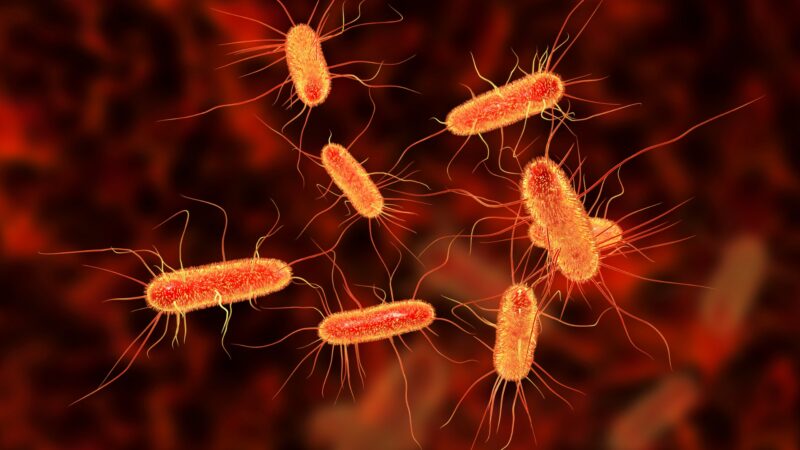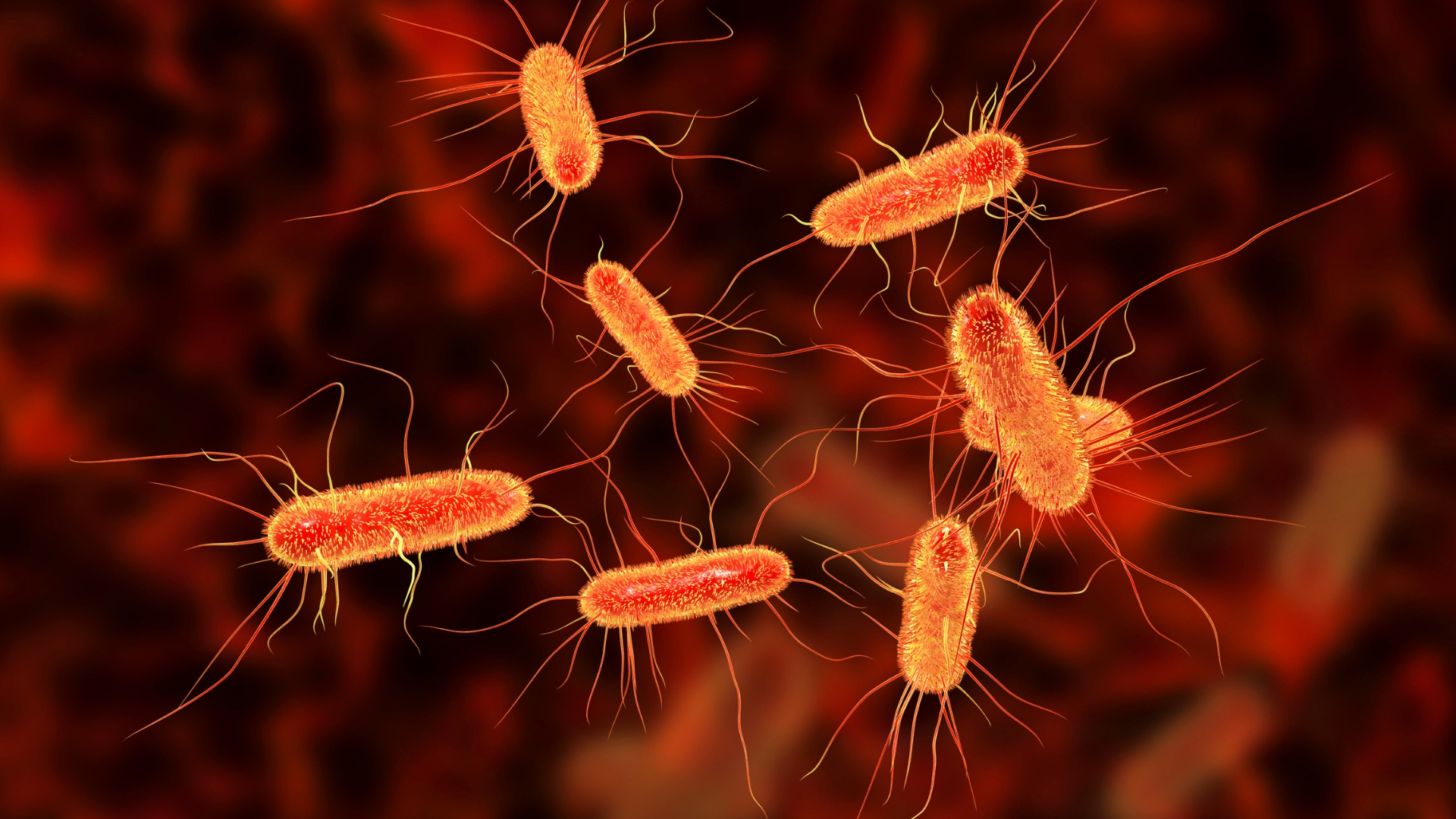The presence of flagella, the propellers bacteria use to move, explains why immune checkpoint inhibitors do not work in patients with ovarian cancer. The study, published in Cancer Immunology Research, 11 February, suggests that immune cell recognition of bacterial flagella, mediated by toll-like receptor 5, offers a mechanism intrinsic to the host that underlies the failure of immunotherapy against ovarian cancer.
“Overall, we can conclude, at least for ovarian cancer, that when immune cells can recognise flagella, immune therapy will not work,” Melanie Rutkowski, the lead author from the University of Virginia Cancer Center, tells Cancerworld. Rutkowski believes that gut leakage caused by ovarian cancer enables flagella to enter the tumour microenvironment. On recognising the flagellin, the immune cells become reprogrammed to support tumour growth instead of enabling tumour killing during immunotherapy. The findings, say Rutkowski, offer translational potential to develop additional therapies that will help checkpoint inhibitors work against ovarian cancer.
Ovarian cancer is the eighth most common cancer among women, worldwide, and accounts for 207,000 deaths each year. Patients have been shown to live longer when ovarian tumours have high numbers of T cells – one of the few types of immune cell capable of directly inhibiting tumour growth. However, treatment strategies that block T-cell inhibitory receptors to reinvigorate T cell activity against ovarian tumours have proved largely ineffective. The lack of efficacy in ovarian cancer contrasts with other types of cancer, such as melanoma and bladder cancer, where checkpoint inhibitors have improved outcomes.
In an earlier study, published in Cancer Cell in 2015, Rutkowski and colleagues showed that toll-like receptor 5 (TLR5) signalling was an unexpected driver of immune suppression in ovarian cancer and soft tissue sarcoma. The effect was not found in breast cancer. TLRs, explains Rutkowski, can be considered like ‘zip codes’ on the surface and inside immune cells, which allow them to distinguish foreign and dangerous signals from normal everyday signals. “At the time, this was unexpected, because it was traditionally thought that TLR5 signalling was beneficial for the immune system. However, here was data demonstrating that constant low-level signalling could promote cancer,” says Rutkowski. Rutkowski and colleagues were also mindful of research by Laurence Zitvogel, published in Cancer Discovery in 2022, showing that cancer could trigger stress in intestinal cells, leading to gut leakage.
For the current study, Rutkowski, whose overall research interest is to understand how the host microbiome impacts cancer outcomes, set out to explore whether lack of the TLR5 signalling pathway might benefit ovarian cancer patients. The research focused on flagella because they are known to be the only protein binding to TLR5. For the study, the team compared outcomes of TLR5 knockout mice and wild-type mice, both of which had ovarian cancer cell lines injected into their peritoneal cavities. The mice were then exposed to immune therapy (anti-PD-L1 or anti-CTLA4).
Results showed that the TLR5 knockout mice responded better to immune therapy and lived longer. “We were able to induce a very robust and long-term immune response against multiple ovarian tumour lines only when mice lacked TLR5 signalling and were treated with immune therapy,” says Rutkowski.
The team also showed that mice lacking TLR5 had more dendritic cells in their tumours. Dendritic cells are immune cells critical for activating T cells, often associated with improved survival outcomes and response to immune therapies.
In TLR5-deficient mice, the immune response was so ‘robust’ that, when cured of ovarian cancer, the mice were able to mount a second immune response on re-exposure to a second challenge with ovarian tumours, in the absence of immune therapy.
“We believe that the failure of immune therapy occurs because immune cells expressing TLR5 in the tumour environment recognise bacterial flagellin and are subsequently reprogrammed by these interactions to help tumours grow. The reprogrammed TLR5-expressing cells promote tumour growth by inhibiting T cells from killing ovarian tumours,” says Rutkowski.
The results have major clinical implications. It is known that approximately 10% of patients with ovarian cancer have genetic mutations (like the knockout mice) that lead to TLR5-expressing cells being unable to recognise flagellin. “Such patients would already be able to benefit from checkpoint inhibitors. A simple PCR test could easily be introduced to test whether ovarian cancer patients have the polymorphism that enables them to benefit from immune therapy,” says Rutkowski.
For other patients with fully functioning TLR5 pathways, inhibition of TLR5 signalling, or restoring gut barrier function to reduce leakage, might offer strategies to enhance response to immune therapy.
The team are currently working to understand exactly how the ability of immune cells to recognise flagella leads to reprogramming of TLR5-expressing myeloid cells in a way that inhibits T cell killing of tumour cells. “Therapeutic approaches to inhibit TLR5 signalling may benefit ovarian cancer patients treated with immune therapy. Additionally, with the discovery of a new molecular pathway, we hope to identify additional therapeutic targets capable of restoring the immune therapy response,” says Rutkowski. “Finally, we are also working to understand whether this pathway is unique to ovarian cancer, and if so, why this is?” she adds.












